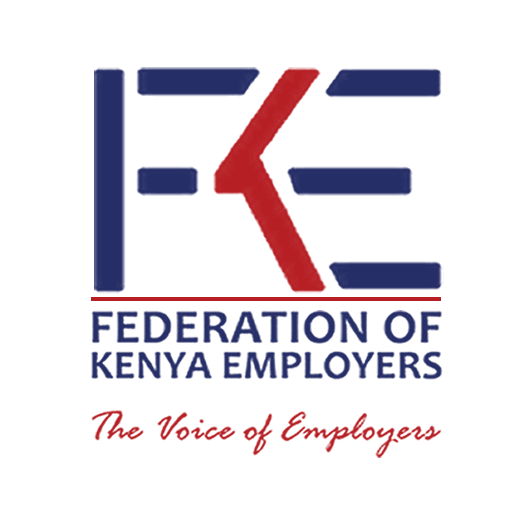Reports from industry insiders and healthcare professionals indicate a troubling pattern of regulatory evasion, labour exploitation, and systemic malpractice within one of the country’s most widely recognized retail pharmaceutical chains.
The allegations against Goodlife Pharmacy, a dominant player in the health retail sector with a rapidly expanding footprint across Kenya and East Africa, point to a deeply embedded relationship between the company and the Pharmacy and Poisons Board (PPB), with claims that the regulatory body has been consistently compromised, allowing the pharmacy to operate outside established inspection protocols while independent pharmacists continue to endure rigorous scrutiny and bureaucratic obstruction.

Within its retail outlets, Goodlife is said to rely heavily on inadequately trained personnel, often individuals with minimal or irrelevant qualifications, such as beauty therapy certificates, under the guise of “healthcare advisors,” a practice that not only reduces operational costs but places qualified pharmacists and pharmaceutical technologists in professionally untenable positions.
Licensed staff, though few in number, are reportedly burdened with an array of non-clinical responsibilities ranging from insurance billing and financial reconciliation to janitorial duties and aggressive sales roles, all while facing punitive salary deductions for stock variances or drug expiries and navigating a chaotic, ever-changing system of internal Standard Operating Procedures that makes regulatory compliance elusive by design.
This unchecked prioritization of profit over professional ethics and patient safety raises urgent questions about corporate accountability, labour rights in the healthcare sector, and the role of public oversight bodies in protecting both practitioners and the public.
Below is a firsthand account detailing the inner workings of Goodlife Pharmacy, outlining allegations of regulatory compromise, exploitative employment conditions, and the routine marginalization of qualified healthcare professionals in pursuit of aggressive commercial objectives.
“Hi Cyprian. I want to bring to light some serious issues at Goodlife Pharmacy. First and foremost, Goodlife Pharmacy appears to routinely corrupt the Pharmacy and Poisons Board (PPB), ensuring that no meaningful inspections are ever carried out in their outlets. While other hardworking Kenyans in the pharmaceutical sector face strict scrutiny and frequent frustrations from the board, Goodlife continues to operate freely without adhering to many of the laid-down procedures, shielded by the protection they seem to enjoy from the PPB. In addition, the company routinely employs quacks – individuals as “beauticians” or “healthcare advisors” who possess only outdated or insufficient qualifications (sometimes merely a certificate in beauty and other short related courses) as a way to cut costs on salaries. Meanwhile, the few qualified pharmaceutical technologists and pharmacists employed are burdened with numerous tasks far beyond their professional scope. Besides dispensing medication, they are expected to handle billing for insurance clients, perform accounting tasks, clean the premises, and even act as salespeople under intense pressure to meet unrealistic targets. They responsible for frequent stock takes, tracking expiries, and managing inventory. Shockingly, when medicines expire, the financial loss is often transferred to employees, deducted from their already modest salaries, which are also heavily taxed. A single error, whether in accounting records or stock variance, subjects employees to severe reprimands, often framed as failures to adhere to Standard Operating Procedures (SOPs). Yet, these SOPs keep changing, with new ones introduced monthly, making full compliance almost impossible. It’s disheartening to work under a professional title as a pharmacist or pharmaceutical technologist and still be forced to compete with unqualified personnel who lack the necessary knowledge of medicines. When these unqualified staff make mistakes, the blame ultimately falls on the qualified professionals, under the justification that there was a pharmacist or pharmtech present in the chemist. Goodlife Pharmacy seems far more focused on maximizing profits than on complying with labor laws or protecting the integrity of healthcare practice. They market their brand heavily, yet the prices of their medicines often reflect branding rather than fair, transparent pricing. These practices undermine both patient safety and the welfare of healthcare professionals. It’s time these issues were addressed.”







































